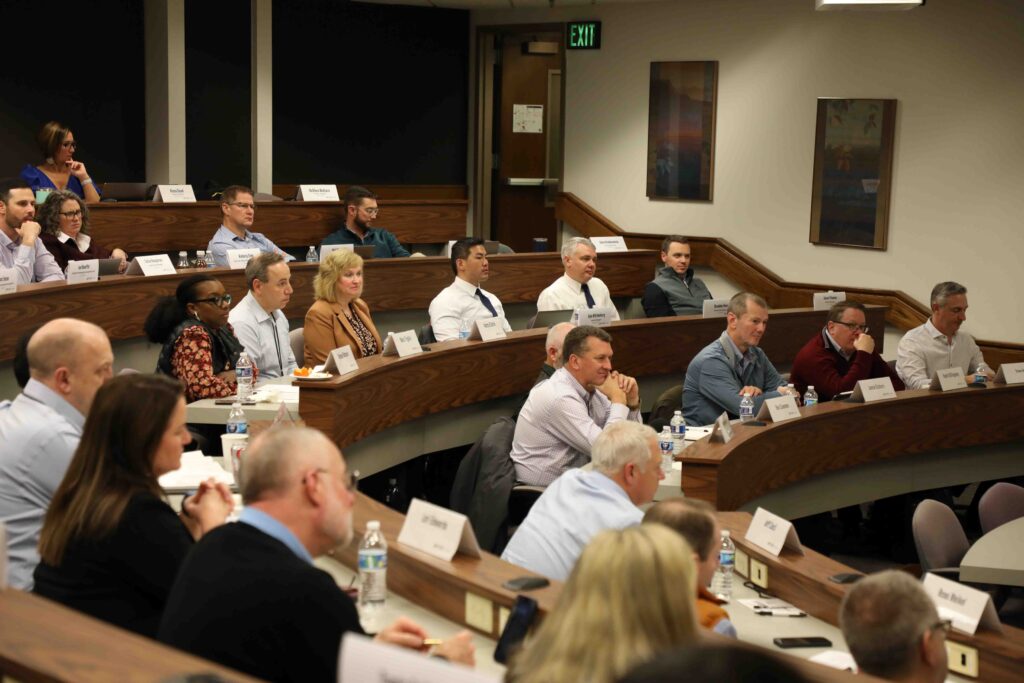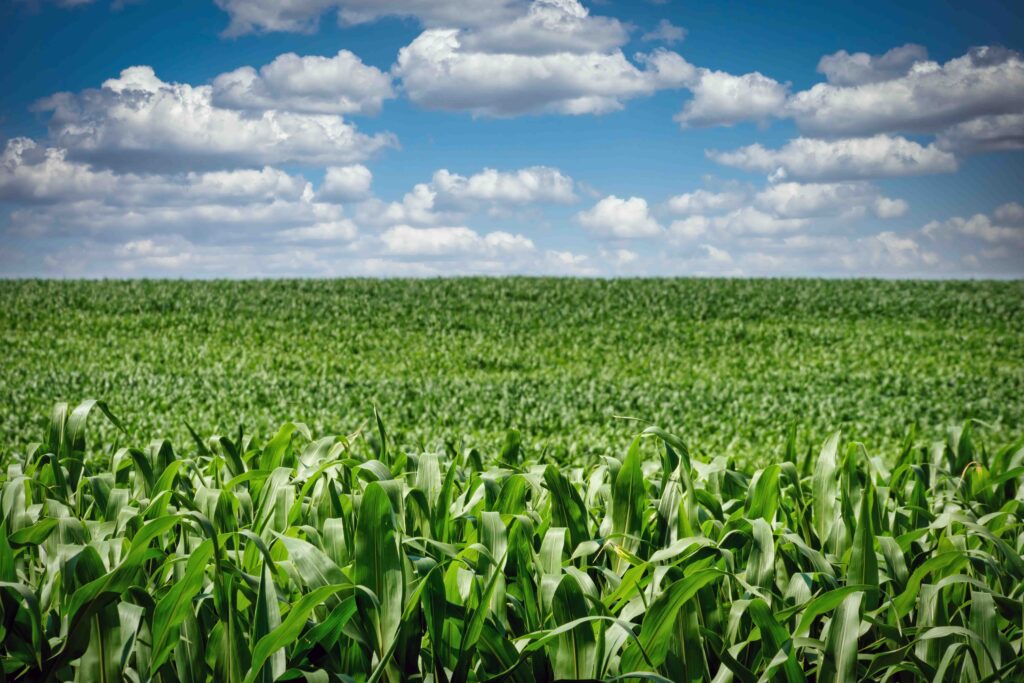Sales success hinges on a delicate balance of knowledge, strategy and execution, and sales managers are at the forefront of driving this process. While we used to think that exceptional salespeople possessed an innate gift, recent data suggests the impact of today’s sales managers in nurturing and refining this gift to unlock its fullest potential.
The center launched a national sales survey last fall to identify distinct activities of top sellers in agribusiness. With over 2,200 responses so far, the Sales Excellence Survey has identified industry segment breakdowns across ag retail, lending, manufacturing, as well as non-ag salespeople. The results provide benchmark comparisons across sales activities, customer relationships and manager interactions.
Our findings shed light on a significant differentiator among top sellers: knowledge. This was evident across industry, technical and product domains.
Addressing Knowledge Gaps
Sales managers should prioritize the development of their team members by equipping them with the knowledge and skills essential for success. To do so, managers need to categorize traits and behaviors of top sellers to effectively recruit, retain and train their team. Our Sales Excellence Survey is proving to be a helpful resource in revealing knowledge gaps among agricultural salespeople. As expected, top sellers are more confident in technical (37%), product (29%), and industry (27%) knowledge than lower performers. Ag sellers are generally more confident in product knowledge; however, we found a noticeable gap in technical knowledge, signaling an opportunity for sales managers to ensure proficiency among their teams.
Many sales organizations ask the same questions when recruiting talent: “Should I hire someone with technical expertise and train them to be a great seller,” or “Should I hire someone strong in sales and train them in technical and product knowledge?” While it’s hard enough to find truly great salespeople, finding both is even harder. In most cases, the more logical choice is to find strong sellers and train them on the product and technical side. This is particularly true given the challenges that ag sales managers face in coaching effectively.
Coaching and Training
Data shows that 30% of all ag salespeople say they never receive coaching. Only 20% of ag sellers receive coaching daily or weekly, 29% receive monthly training, and almost 40% report only receiving time with coaches quarterly or annually. Out of those being trained, account strategy for specific prospects or customers was coached most frequently for all but ag retail sellers who were coached more on negotiating, pricing, and transactional details. Time management was the least coached area for all respondents, and product and technical knowledge ranked towards the bottom for top sellers, regardless of the industry. Boiling all of this down, coaching seems to be an activity used to “fix” underperforming sellers as opposed to helping good sellers become better. It’s no surprise. Few managers receive any training on how to coach and develop people effectively.
Continuous Improvement
Managers today are managing salespeople in a much more complex environment than 20 years ago – more data, much more communication about options, thinner margins, and product differentiation. As the market has evolved, a sales organization must be at the top of its game.
Sales managers lead the sales process and are responsible for fostering a culture of continuous improvement. It’s sometimes worth a humble moment of reflection on your sales management skills to identify gaps and optimize strengths to be a more effective coach for your team.
While new sales managers may be exceptional sales reps, the transition to a management position often lacks specialized training, making it a challenge for them to master effective coaching techniques.
We’re helping sales managers in a variety of ways at the center. If you’d like to learn more about our sales research or see if we have a coaching program that’s right for you, please contact Aissa Good at aissa@purdue.edu.





